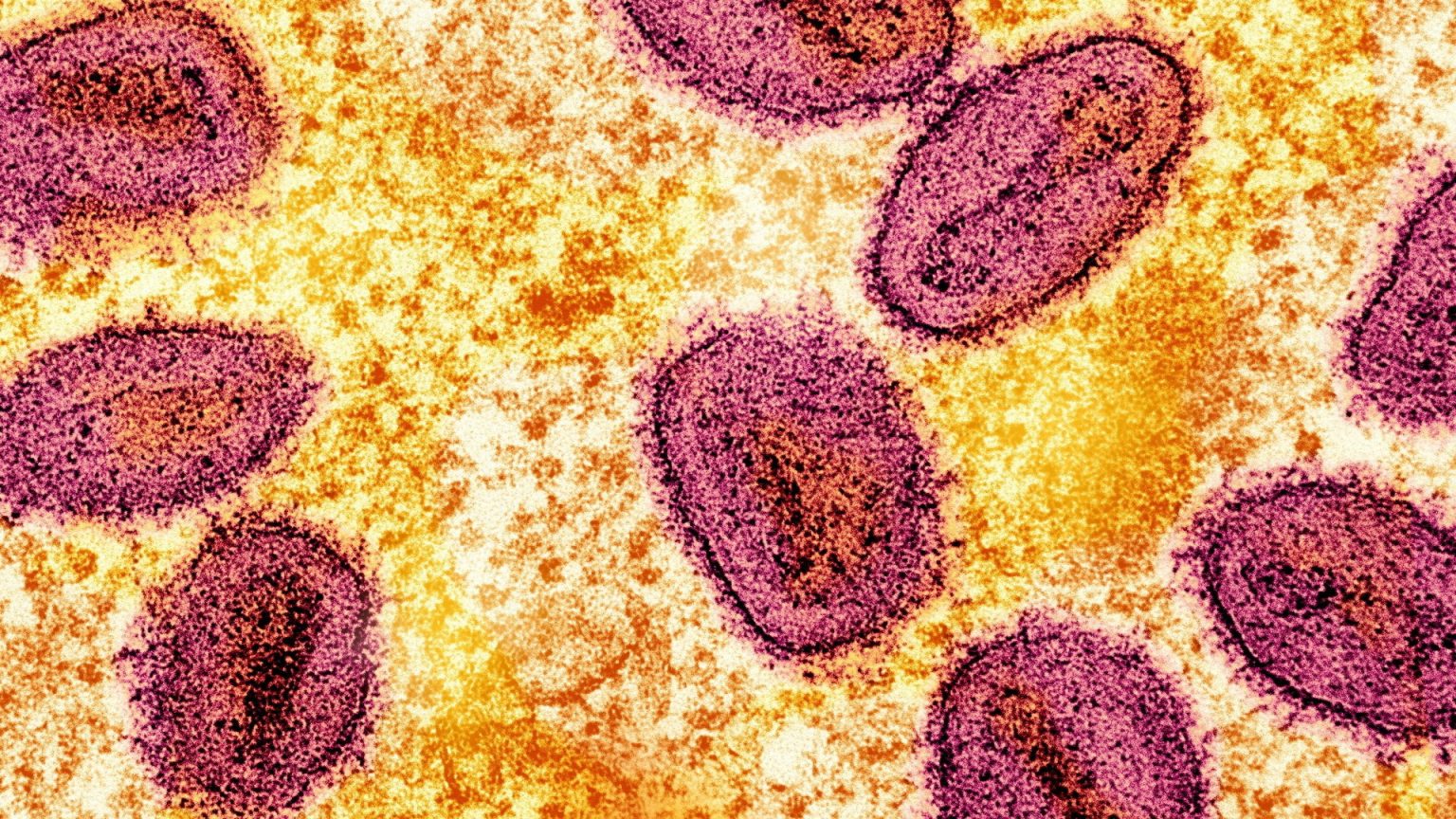The Emergence of a New Mpox Variant in the UK: A Growing Concern
A new variant of mpox, designated clade 1b, has emerged, raising concerns about its potential spread and impact. While the overall risk to the UK population remains low, the recent detection of six cases, including one unrelated to previous infections, highlights the need for vigilance and proactive measures to contain the virus. The latest case, identified in East Sussex, involves an individual who had recently returned from Uganda, a country experiencing an ongoing mpox outbreak. This underscores the ease with which infectious diseases can transcend geographical boundaries in our interconnected world. The UK Health Security Agency (UKHSA) is actively tracing close contacts of the infected individual, offering testing and vaccination to prevent further transmission.
The emergence of this new mpox variant adds another layer of complexity to the ongoing global health challenges. Unlike the mpox strains that circulated in 2022, the clade 1b variant appears to be more contagious, raising concerns about its potential for wider spread. While the mortality rate remains similar to previous strains, the increased transmissibility poses a greater risk of outbreaks, particularly in vulnerable populations. The fact that the latest case is unrelated to the previous cluster of infections suggests multiple potential routes of introduction and transmission within the UK. This emphasizes the importance of robust surveillance systems and rapid response mechanisms to identify and contain emerging outbreaks.
Health authorities are working diligently to understand the full implications of this new variant. Rapid diagnostic testing and contact tracing are crucial to identifying and isolating infected individuals, preventing further spread. Vaccination remains a critical tool in the fight against mpox, offering protection against severe illness and potentially reducing transmission. The UKHSA is actively offering vaccinations to close contacts of confirmed cases, and broader vaccination strategies may be considered if the situation warrants. The emergence of this new variant underscores the need for continued investment in research and development to improve diagnostic tools, treatments, and vaccines.
Global Implications and the Need for International Collaboration
The global spread of mpox, including the emergence of new variants, highlights the interconnectedness of health security. The clade 1b variant has been reported in several countries in sub-Saharan Africa, including the Democratic Republic of Congo, Burundi, Rwanda, Uganda, and Kenya, as well as in India. This widespread distribution emphasizes the need for international collaboration to effectively combat the virus. Sharing information, resources, and expertise is crucial for developing effective strategies for surveillance, prevention, and control. The World Health Organization (WHO) has declared the escalating spread of mpox a global health emergency, underscoring the seriousness of the situation and the need for concerted international action.
This is not the first time mpox has emerged as a global health threat. The 2022 outbreak served as a stark reminder of the potential for zoonotic diseases to cross the species barrier and spread rapidly among humans. The lessons learned from that outbreak, including the importance of early detection, rapid response, and community engagement, are invaluable in addressing the current challenge. The emergence of the clade 1b variant underscores the ongoing need for vigilance and proactive measures to prevent future outbreaks.
Understanding Mpox Symptoms and Seeking Medical Attention
Mpox presents with a range of symptoms, including fever, headache, muscle aches, backache, swollen glands, shivering, exhaustion, and joint pain. A characteristic rash, often mistaken for chickenpox, typically appears one to five days after the initial symptoms. This rash develops into raised spots and small, fluid-filled blisters that can spread to other parts of the body, including the genitals, anus, and mouth. Anal bleeding and pain may also occur. While the rash is often the most prominent symptom, swollen glands or lymph nodes can be an early indicator of infection and should not be overlooked. It’s crucial to be aware of these symptoms and seek medical attention if you suspect you may have been exposed to mpox. Early diagnosis and treatment can significantly improve outcomes and help prevent further spread.
The current situation demands a proactive and comprehensive approach to address the evolving threat of mpox. Continued surveillance, rapid identification of cases, contact tracing, and vaccination are essential for containing the spread of the virus. Public awareness campaigns are crucial for educating communities about mpox symptoms, transmission routes, and preventive measures. International collaboration and sharing of information are essential for developing effective strategies for global control. By working together, we can mitigate the impact of this emerging variant and protect public health.











